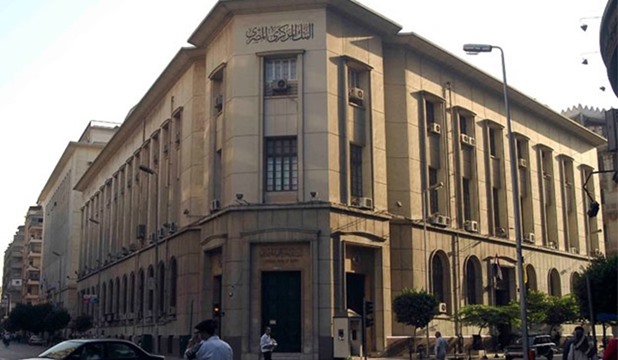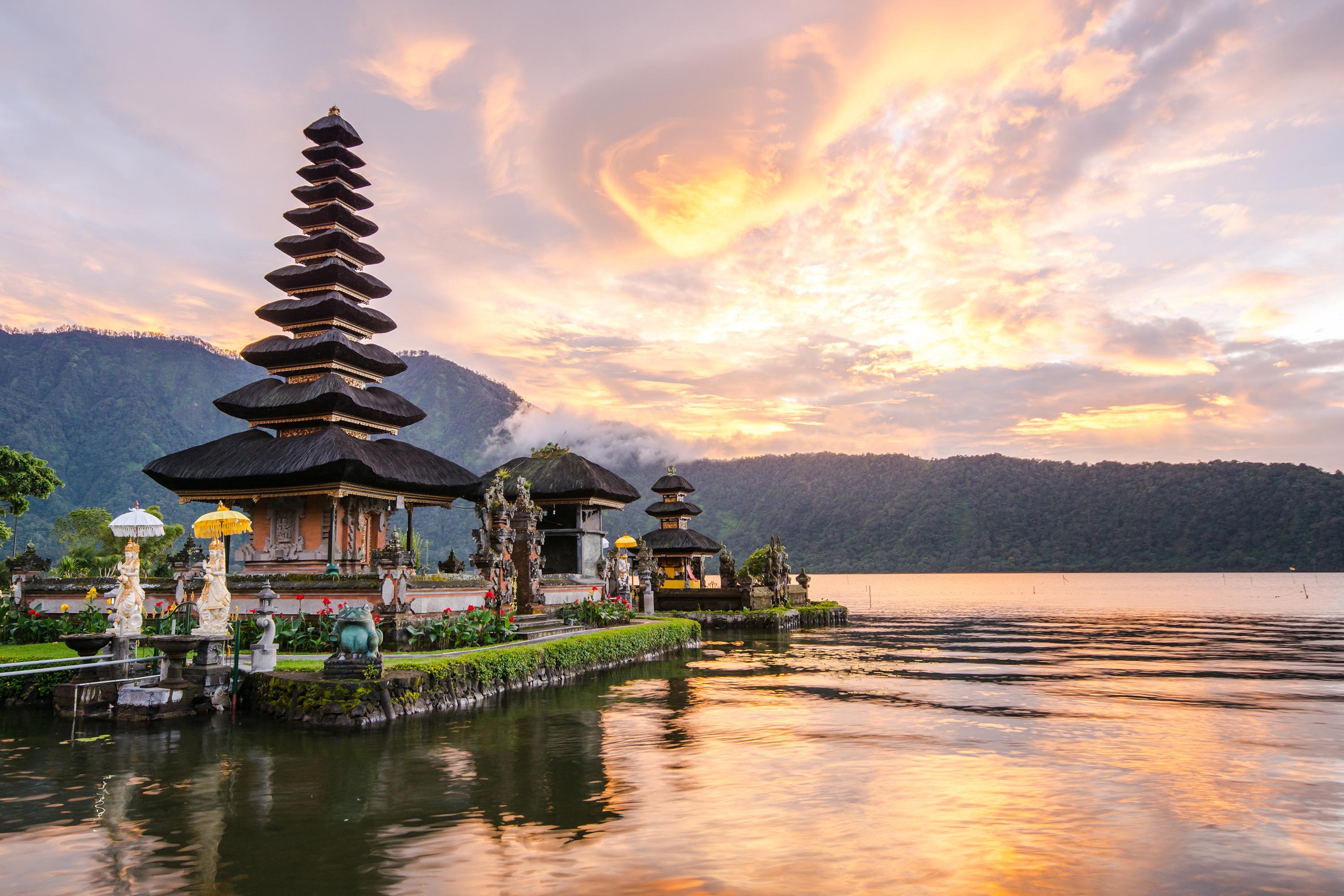First, reminiscent of earlier eras of industry policy, super is for “funding and financing the energy transition” as the cost and capacity of delivering a net zero future becomes apparent.
Second, “the shortage of housing”, particularly social housing, which former prime minister Paul Keating identified should involve “build to rent” options.
That’s quite a turnaround.
Before the last election, Keating argued super for homes was a “frontal assault” on superannuation.
Then again, Keating also once proposed “younger members of the workforce could draw down preserved benefits, or at least use them in some way, for housing … that’s rational”.
Keating is on course to have more positions on the relationship between super and housing than our most recent prime minister had ministries.
Only a feudal lord thinks it’s rational they can buy housing they’ll rent you, but opposes the serfs doing the same and cutting them out.
But it is an insight to their thinking. Normally, a government would respect citizens enough to refer to them as “Australians”, but Chalmers said the superannuation system was about “the masses”.
Despite the Keating fawning, superannuation existed before 1992.
Before then, Australians just made outrageous decisions, such as prioritising savings to buy a home they could live in from around age 24 through the rest of their lives, over the savings needed for their 67th birthday party.
If demanding a royal commission into the banks wasn’t enough of a warning shot of their intended target, next super funds may be allowed to lend to crowd out the banks.
Today, it is corporate bond markets, tomorrow retail products. No doubt to repeat their “success” with ME Bank, that chewed nearly 30 years of capital without a single dividend to show for it.
It’s the incremental stranglehold funds have that are reminiscent of Lenin’s definition of the “commanding heights” of industries that influence the behaviour of all other sectors.
What’s absent is the delusion that public ownership equates to the public interest.
Instead, they’ve learnt government doesn’t need to own assets for them to control them. It is far easier to compel people to give you their money and privately own the assets on their behalf, removing the need to regularly win elections.
Today, it is 10.5 per cent of Australians’ wages, but soon it will be 12, and they’re already laying the ground to increase it to 15 per cent.
Faced with a choice, Australians will prioritise their financial security ahead of their fund manager’s.
In the future, companies needn’t worry about CFMEU work site intrusion, because Cbus’ representative proxy adviser will recommend to companies that their people are elected to the company’s board.
And if not, it won’t be the sound of union official’s expletive-laden abuse of managers to worry about, but the silence from industry funds using their leverage to turn off the financial tap.
Under its current structure, the system has design elements aligned with a domestic “belt and road” initiative, where capital is used to build the infrastructure of influence.
It even comes with the histrionics, with declarations of “super wars”, and anyone who asks questions is accused of the crime of being “against superannuation”.
You can support superannuation and think there are alternatives, from default status being given to a government fund so members can at least have a say through the ballot box, or democratising self-managed options.
But just like empowering Australians to buy their home first, and save for their retirement second, reforming default funds would empower pesky Australians.
The only thing worse would be to require funds to disclose the detail of the so-called “marketing expenses” they slush through the employers of their trustees.
It takes a certain shamelessness for a minister to repeal such disclosures under the banner of reducing red tape when they must be identified and itemised line-by-line to be aggregated.
But doing so as your first act as a new minister shows they aren’t even trying to hide any embarrassment.
They’re right to fear a revolt from working Australians. As the early super release scheme showed, faced with a choice, Australians will prioritise their financial security ahead of their fund manager’s.
Once, the dichotomy in politics was framed around capital versus organised labour, but today labour and capital are becoming one – or perhaps it is Labor and capital.
The Treasurer has said he wants “ideas, not ideology”. What the system needs is coherence, starting with superannuation serving Australians, not Australians serving superannuation.
Note: This article have been indexed to our site. We do not claim legitimacy, ownership or copyright of any of the content above. To see the article at original source Click Here













